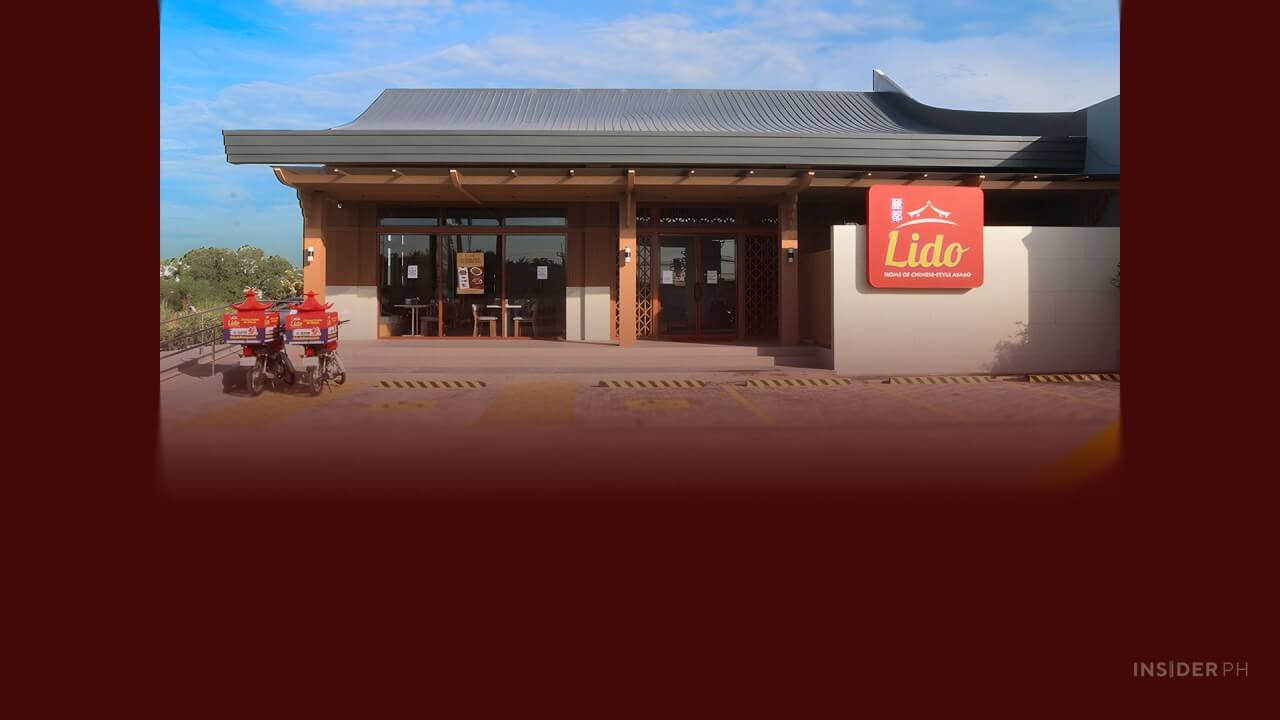

“He was a Cantonese chef from Macau,” says second generation entrepreneur Annie Go-Wong, president of Lido Cocina Tsina, the storied restaurant's present incarnation.
With Binondo—and the times—changing drastically since his prime, Mr. Lido decided to migrate to Canada in the 1970s. After selling his business to a group of investors, the restaurant’s ownership changed hands several times through the years — a story in itself.
By 1997, Annie’s mom, Aileen Go — proprietor of an import enterprise with an office just two floors above Lido — had acquired a major stake in the restaurant. She then placed her daughter, Annie — who loves to cook — in charge. Annie quickly introduced improvements to the restaurant’s systems, resulting in more efficient kitchen operations and the personalized service that has since become Lido’s hallmark.
A broader menu
For Annie, who is now the sole owner, the first order of business was to update the limited menu that they had inherited, which she recalls as just “a small, back-to-back bond paper menu.”
From rice meals, pancit, fish, chicken, and breakfast fare — Lido was a popular morning spot, opening as early as 5:30 a.m. and drawing in Binondo’s business owners — Annie expanded the menu to include dim sum, congee, mami and lechon Macao. She also improved Lido’s signature Pugon Roasted Asado.
Branching out, rebranding
Annie’s next bold move is to usher Lido into its next stage of growth, starting with a refreshed brand identity — featuring updated interiors and a new logo. The first to showcase this new look and feel is their Bacoor, Cavite branch, which opened this June.
Lido’s newly opened branch debuts the brand’s refreshed identity — featuring cozy, minimalist interiors in warm tones and natural textures that evoke a relaxed, welcoming atmosphere. Its new logo, marked by clean lines and a stylized pagoda icon, pays homage to Lido’s rich heritage while signaling its modern evolution in Chinese dining.
On the drawing board is Annie’s vision to have branches in all key cities in Metro Manila.
New delightful dishes
Alongside these exciting changes are new menu offerings.
While all-time “Lido Legends” — dishes that feel like home — such as the Pugon Roasted Asado, Chami, Drunken Lechon Macau, and Shrimp Foo-Yong continue to delight loyal patrons, new additions have been introduced to further captivate lovers of Chinese cuisine.
“At the heart of Lido is our delicious, thoughtfully prepared dishes that people have really come to love,” Annie further says. “Now, we’re excited and proud to introduce our new product offerings whose development I personally supervised.”
Among these are Roasted Asado in Plum Glaze, Beef Brisket Curry, French Beans in XO, Radish Cake in XO, Hot Shrimp Salad and Cantonese-Style Crispy Noodles—all of which are sure to whet the appetite of foodies. Add to that, every dish is MSG-free.
Evolving, but staying grounded
“We need to keep up with the times,” admits Annie, who shuttles between Canada and the Philippines and has her younger brother Mark and a dedicated team—plus a working system— behind her.
Still, even as Lido evolves, the 89 year-old chain refuses to lose sight of its roots and heritage —staying true to the attributes that have sustained it through the decades: reasonable prices, generous servings, and consistent product quality.
With all the exciting developments at Lido Cocina Tsina, both longtime patrons and new faces — from families and officemates to barkadas — are sure to enjoy the refreshed experience Lido has to offer.

Features Reporter
